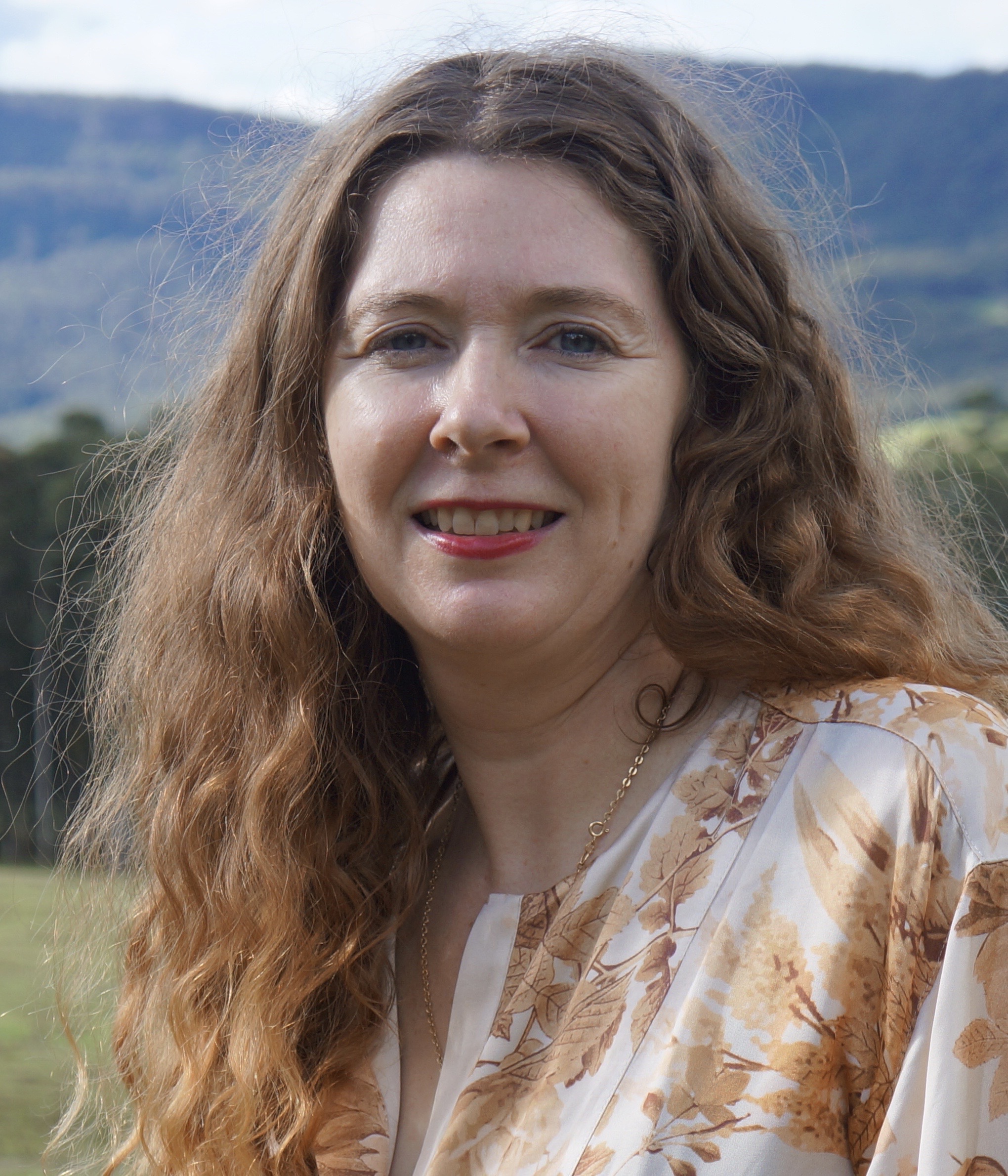Say Yes to being a successful business
Relationships, creating an international brand and outsourcing are the keys to the success of natural skincare brand Yes to Carrots. Co-founder Lance Kalish gave us the inside scoop on how this strategy has worked for his company and how it could help yours.
“Relationships are the most important thing,” a confident Kalish says about creating operations overseas. “Relationships are everything. You cannot build a meaningful relationship with a retail buyer, or a distributor, or anyone in your industry from behind your computer in Australia.
“One of my most important beliefs is email is for introduction, then you get on a plane, you shake someone’s hand and you look them in the eye. It is the only way you are able to do successful business development.”
South African born Kalish and his business partner, Ido Leffler created the Yes to brand four years ago and it now sell more than 80 products in 28 countries and 28,000 stores including Walmart, Target, Walgreens, Wholefoods, Safeway and Sephora Europe. Here in Australia the products including shower gels and facial wipes are stocked at Priceline, David Jones and Coles.
“We started our company with what we call a born global strategy or a born global view, that we were creating a brand that was for the global market – not a brand for Australia, not a brand for Israel [where the product was being manufactured] not even a brand just for America.
“We wanted to create this brand with everything in mind that would allow us to take it to any country, any language, and the brand personality and all its core values would be easily communicated, understood and taken up.
“I have found brands without a personality, or a brand without a person behind it, tend not to be nearly as successful as brands that have an icon behind it.
“Right now, that personality is my business partner. He is the face of the brand as well as speaking at events he sets the company culture and the culture of the business.
“It is important to have a name and a face behind the brand that not only retailers but consumers can really get in touch with. With the onset of things like social media and particularly facebook, people feel now that they are not just interacting with an intangible brand or even a product, they are interacting with a company and a culture.
“Our whole push has been about creating a “Yes to” movement. If you buy a product, you are buying our brand, you aren’t just buying a shampoo, you are buying the movement – you are saying yes to having a good, fun, healthy and environmentally friendly life.
Yes to Carrots has 25 staff at its head office in San Francisco and Kalish notes the company’s ability to be lean through outsourcing has been instrumental in its success.
“A company of our size in Australia probably has closer to 100 people working in it, but we decided we wanted to focus on what we are good at which is sales and marketing and outsource the rest.
“Keeping lean and flexible is the best way to fight economic downturns or big competitor pressures.
“We outsource all our warehousing and logistics. For us, that cuts down on about 25 people.
Kalish also believes it is important to recognise the different stages in a company’s growth and the requirements as it gets larger.
“I thought I could be the CEO of a medium or large company, but I can’t. I am a good CEO or a good COO of a small company. As soon as it gets to that next stage there are better people than me and when we got to that level, I was happy to stand down and bring in those specialist skills.
“There is always someone at the end of the day who is better than you and what I see as one of the big disadvantages of some of the big companies we have worked with is the founders and CEOs who think they know everything, who are so adamant of the way they want things done and it just stifles the business and really inhibits the businesses growth.
Finally, Kalish believes when entering an overseas market, particularly the United States it is important not to downplay your previous successes.
“Too many companies go in with a conservative extremely risk averse attitude – “I am a small little Australian company”, how can you help me?
“They don’t do the “balls to the wall” method, but in America that is what they want. In America when the opportunity comes, it doesn’t happen in a slow way.
“There is a way to do a slow approach but you will get flushed out of the market. Someone will see your idea or product and copy it. You have got to be able to capture your market as quickly as you can and if you are a medium sized business over $10 million and well established here you will have the opportunity to raise the capital.
“All you need is the people, the passion and the execution at the end of the day. Those are the three most important things to get your business going.”

Helen Hull is the editor of First 5000, the leading network for mid-sized businesses in Australia.






